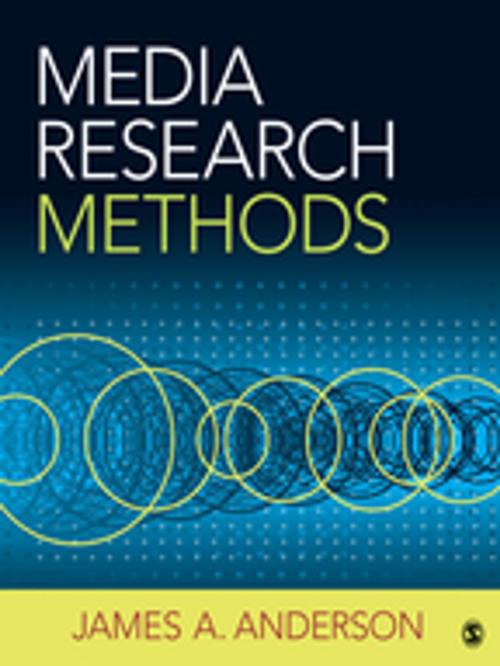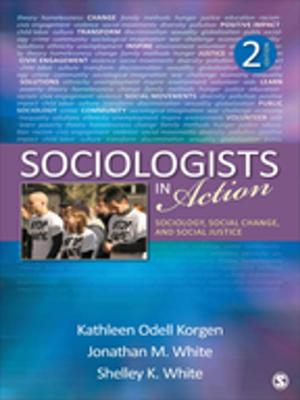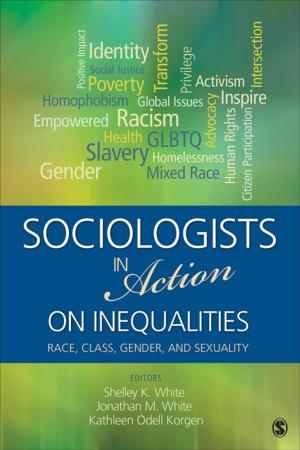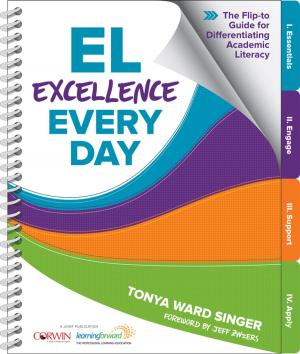Media Research Methods
Understanding Metric and Interpretive Approaches
Nonfiction, Reference & Language, Language Arts, Communication, Reference, Research| Author: | Dr. James A. Anderson | ISBN: | 9781483342535 |
| Publisher: | SAGE Publications | Publication: | September 21, 2011 |
| Imprint: | SAGE Publications, Inc | Language: | English |
| Author: | Dr. James A. Anderson |
| ISBN: | 9781483342535 |
| Publisher: | SAGE Publications |
| Publication: | September 21, 2011 |
| Imprint: | SAGE Publications, Inc |
| Language: | English |
Media Research Methods: Understanding Metric and Interpretive Approaches brings the insights of a senior theorist, methodologist, and critic to the classroom. Departing from the methods recipe approach, the text explains the reasons behind the methods and makes the connections to theory and knowledge production. Written in a conversational style, the book engages students and appeals to them as media consumers and users of research. The book takes the reader through each step of the research process, outlining the procedures, differences, strengths and limitations of metric, interpretive and the newer hybrid approaches. The text lays down a strong foundation in empirical research and problem solving, addressing metric topics of hypotheses, sampling, statistics, survey and experimental protocols and interpretive topics of textual analysis, coding, critical engagement and ethnography. A special chapter at the end of the book is a helpful guide for those readers who aspire to a research and analysis career.
Media Research Methods: Understanding Metric and Interpretive Approaches brings the insights of a senior theorist, methodologist, and critic to the classroom. Departing from the methods recipe approach, the text explains the reasons behind the methods and makes the connections to theory and knowledge production. Written in a conversational style, the book engages students and appeals to them as media consumers and users of research. The book takes the reader through each step of the research process, outlining the procedures, differences, strengths and limitations of metric, interpretive and the newer hybrid approaches. The text lays down a strong foundation in empirical research and problem solving, addressing metric topics of hypotheses, sampling, statistics, survey and experimental protocols and interpretive topics of textual analysis, coding, critical engagement and ethnography. A special chapter at the end of the book is a helpful guide for those readers who aspire to a research and analysis career.















